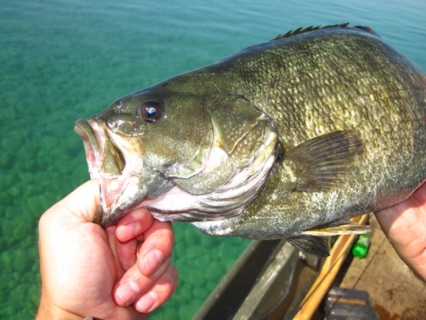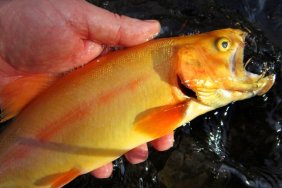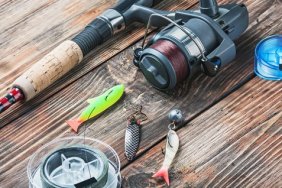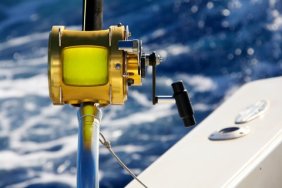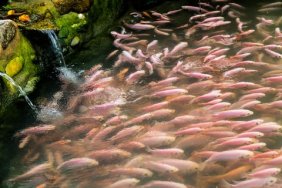Do you ever realize how some anglers always catch fish and are always in the right spot? This is no coincidence. As the old fishing adage states, “10 percent of the fisherman usually catch 90 percent of the fish.”
Most anglers want to be able to catch more fish on a consistent basis. As the expenses of fishing go up, anglers can be more cost effective by doing their research at home, rather then on the water. By carefully recording simple things, over time anglers’ can unlock the migrational and feeding patterns of most gamefish, especially coastal species.
The purpose
A fishing journal is essential to an angler just as a playbook is to a football coach. Basically, if you want to be truly successful, you need to start recording your trips. Every fishing trip gives up logs and logs of unbeknownst scientific data which if captured can help predict the success of future trips.
Just the facts…
With all of this information, what goes in the journal? To begin with, tide, weather, and moon data encompass the broadest range of information. This includes tide and current times, water temperature and depth, wind direction and speed, weather observations and moon phases.
The second major category involves the techniques or tactics used during a specific trip from the action imparted on the lure down to the colors and pound test of the line used.
In addition to the first two major categories, I always try to record information such as baitfish, type of marine birds, direction of baitfish, baitfish and gamefish behavior, etc. For instance, different types of birds will indirectly indicate types or sizes of baitfish.
A big key to making it work is to keep an open eye and mind, and jot things down. Again, this takes some time but after a few trips of keeping a journal it should start to make a considerable difference. At any rate, it definitely makes you a more cognizant angler.
Sometimes fishermen may have other responsibilities or obligations that keep them off the water, but that doesn’t mean information can’t still make it in the journal. Information from trusted tackle shops, fishing forums and fishing buddies will provide clues to feeding and movement patterns. Again, as long as you can trust the source, then this information can also be entered into your journal.
Experience is a tremendous part of this and developing a consistent fishing journal will definitely help to put more fish on the hook. A thorough fishing journal will give the pulse of the fishery over a period of years as the predictable patterns will begin to emerge and allow you to coordinate your fishing efforts in the right locations with the right tactics. If you don’t have one, get one and start writing your adventures down.
© Rasmus Ursem | Dreamstime.com – Taking a few notes in my personal idea journal
Fish gallery
-
Fishing Files
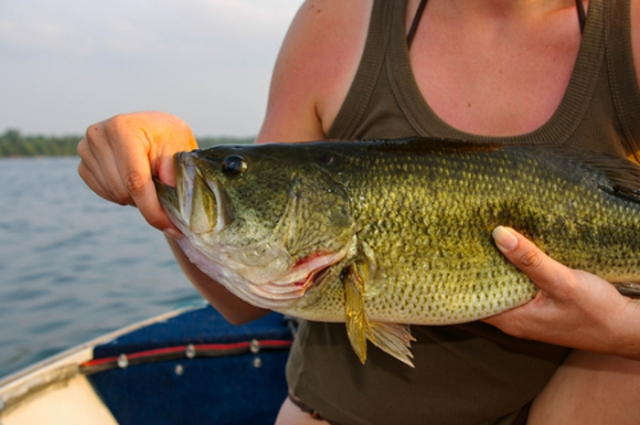
-
Striped Bass
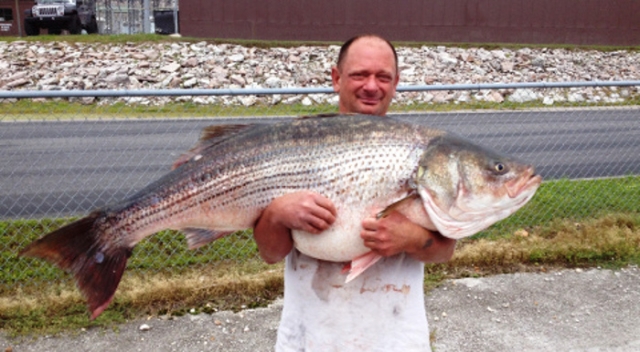
-
Fishing Files
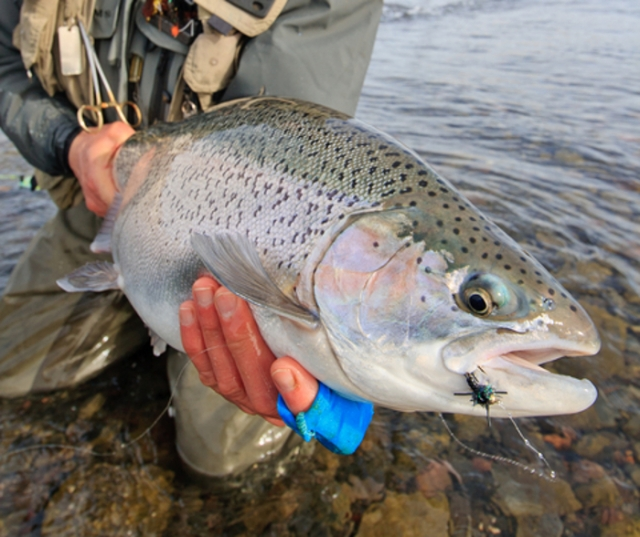
-
Smallmouth Bass
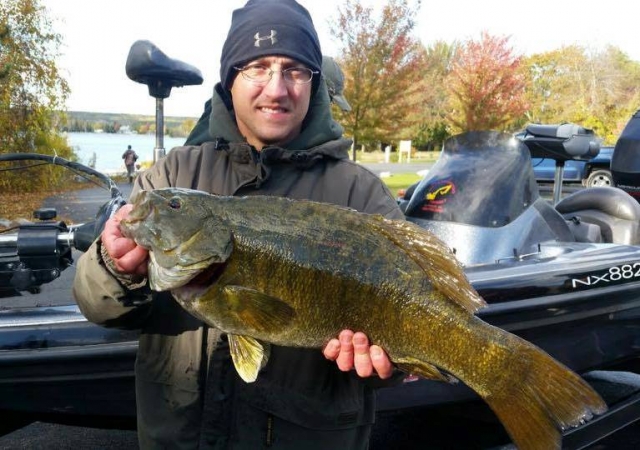
-
Fishing Files
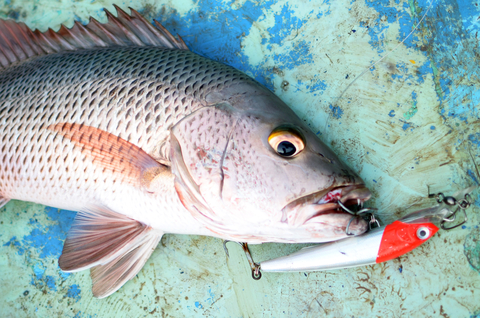
-
Fishing Files
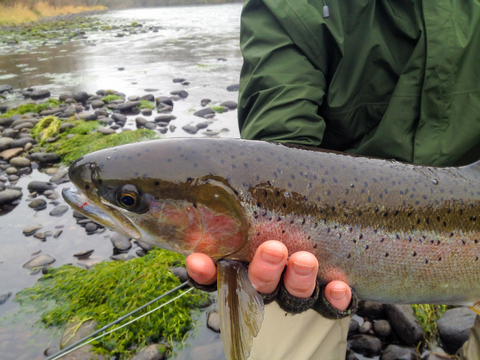
-
Largemouth Bass
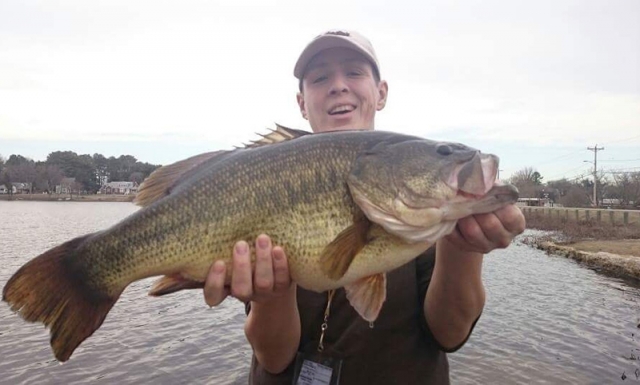
-
Fish fail in Russia
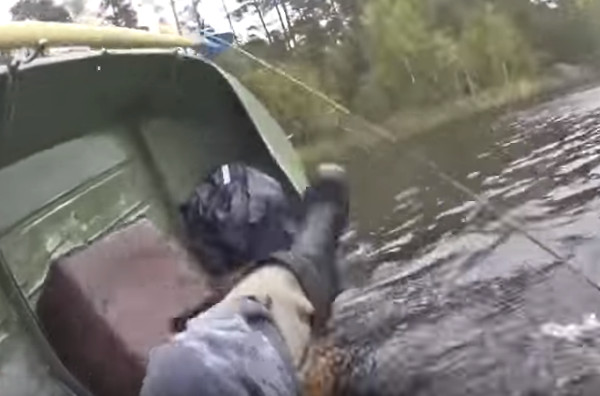
-
Bait fish
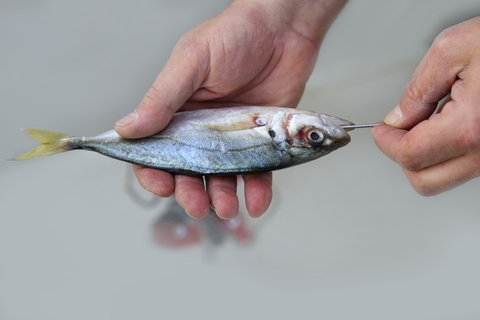
-
Fishing the weeds
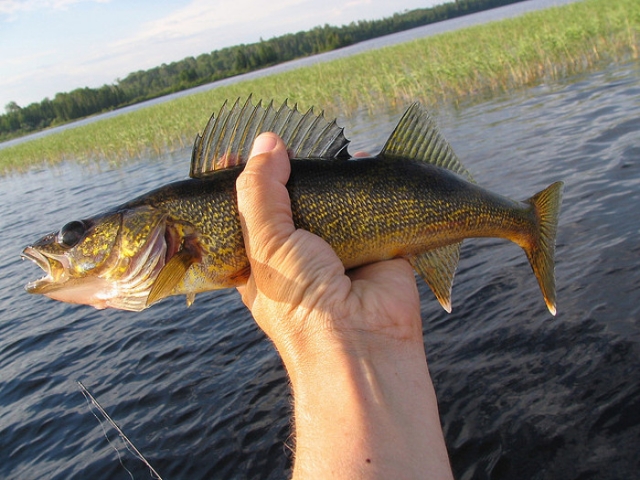
-
Fishing Waders
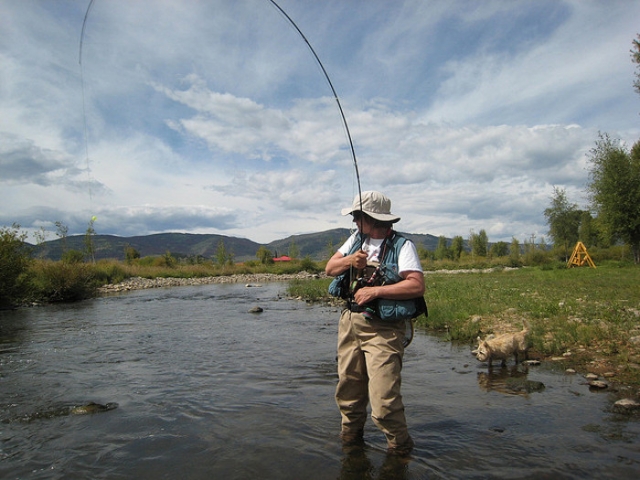
-
Old Man Fishing
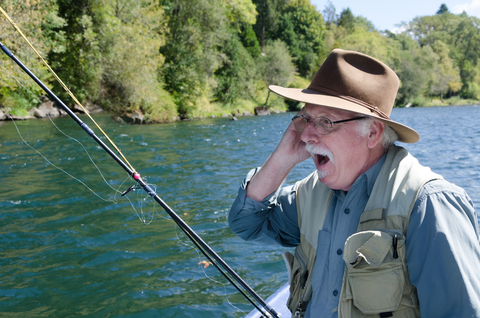
-
Fishing
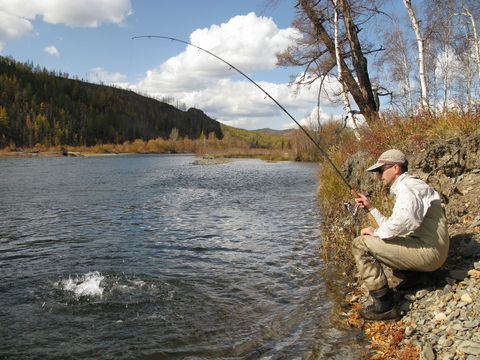
-
City Fishing
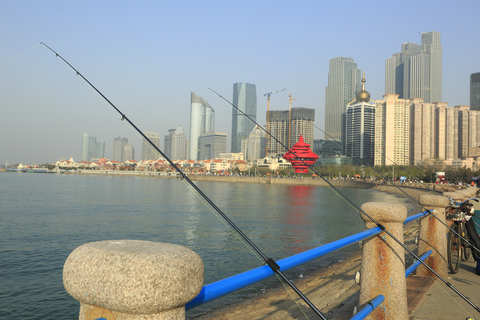
-
Fishing the cold
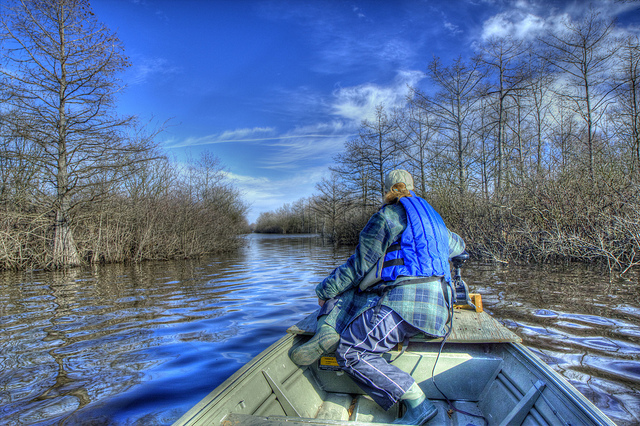
-
Fishing sunset

-
Bank fishing
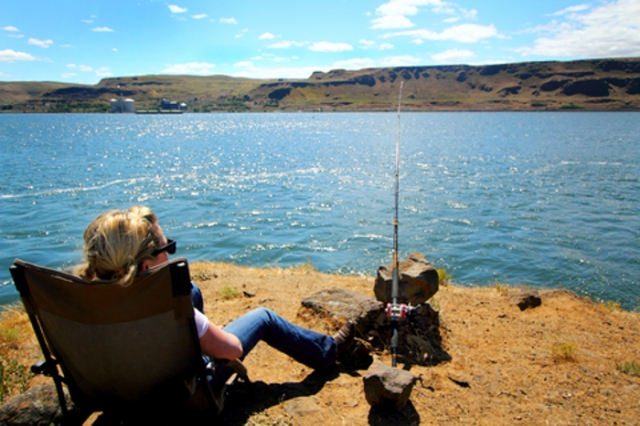
-
Day glow fishing boat
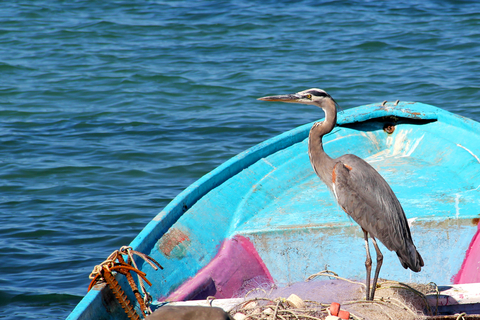
-
Fishing Pro
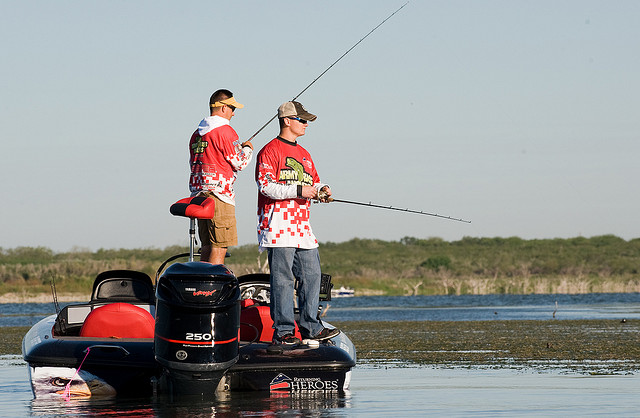
-
Fishing
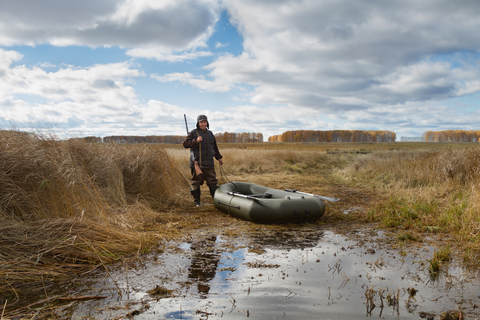
-
Fly fishing
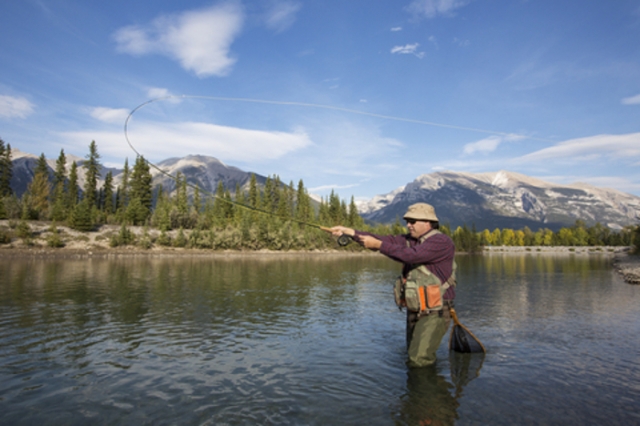
-
Fishing Files
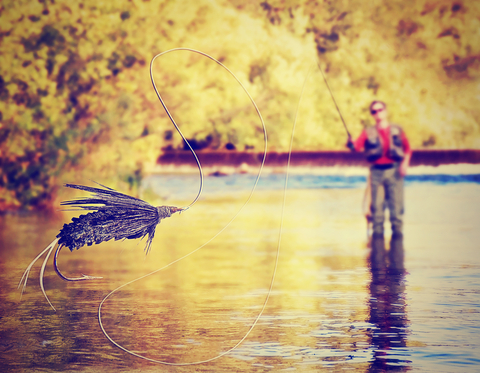
-
Fishing Files
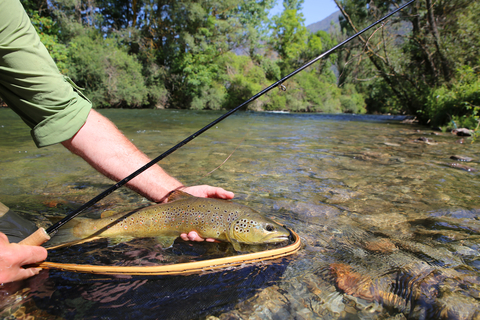
-
Fly reel
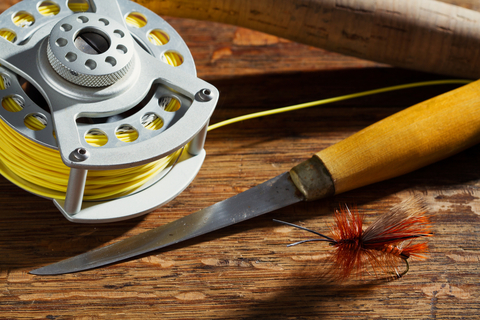
-
Gar Fish

-
Golden Trout
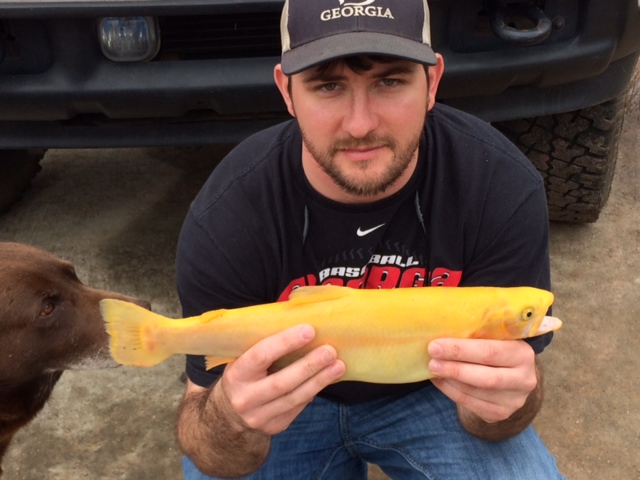
-
Ice Auger

-
Ice Fishing
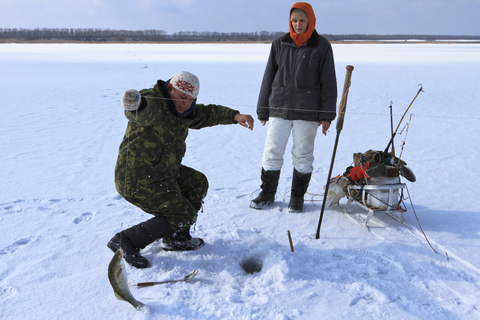
-
Halibut
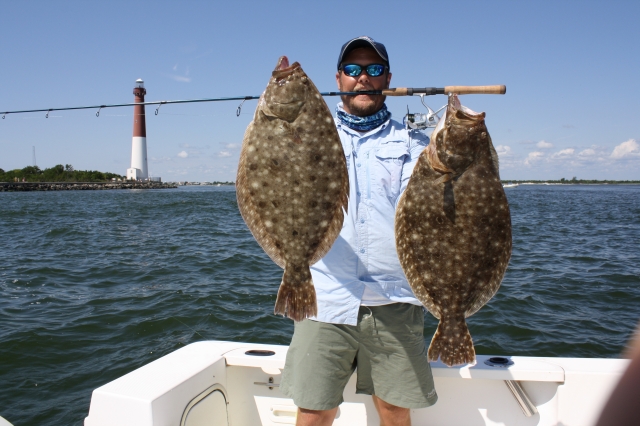
-
Bass Fish
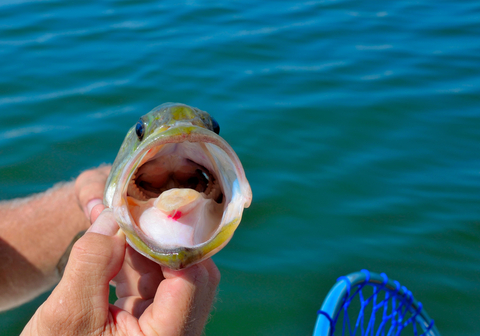
-
Lobster Dog

-
Marlin Fishing
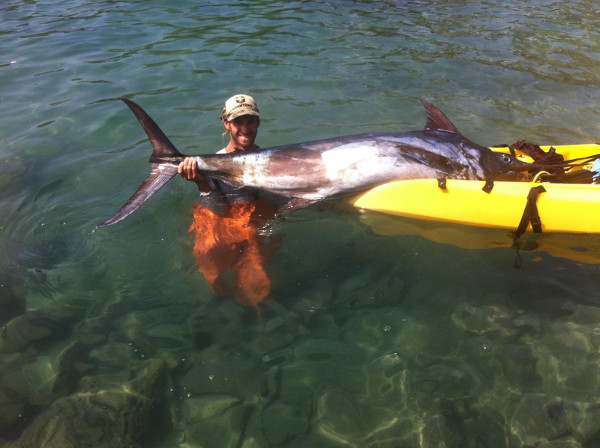
-
Muskie
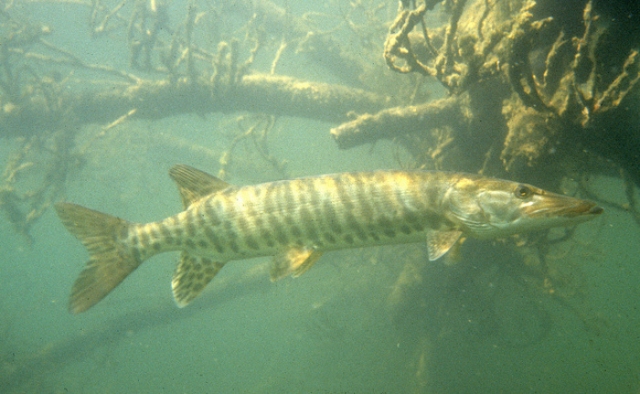
-
Fishing Files
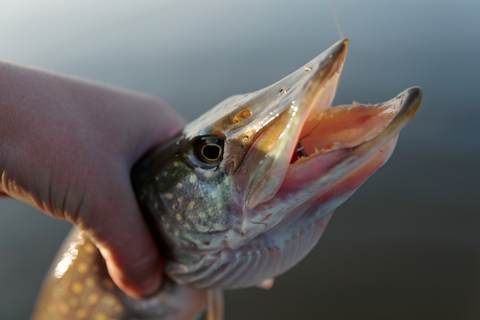
-
Nymph
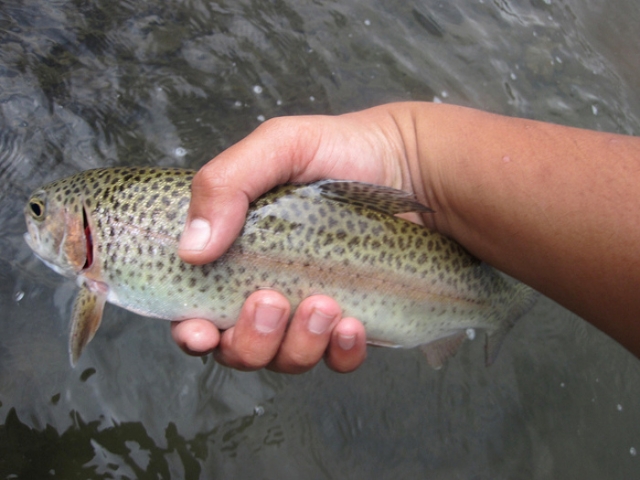
-
Oarfish
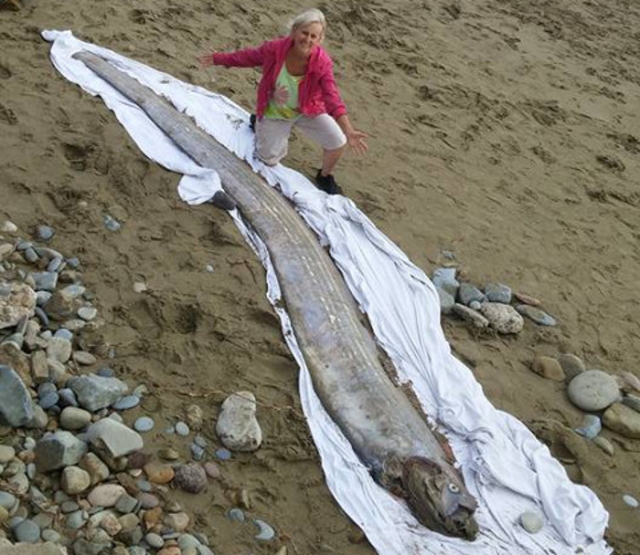
-
Obama Fishing

-
Panfish
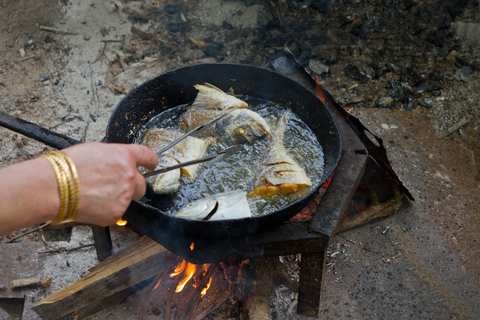
-
Pelican

-
Fishing Files
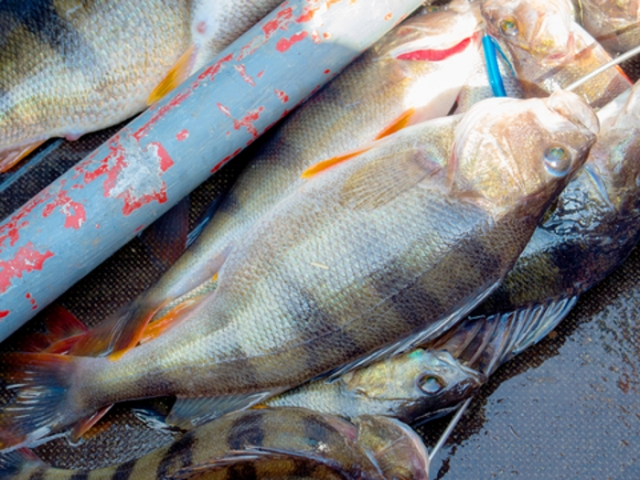
-
Fishing Files
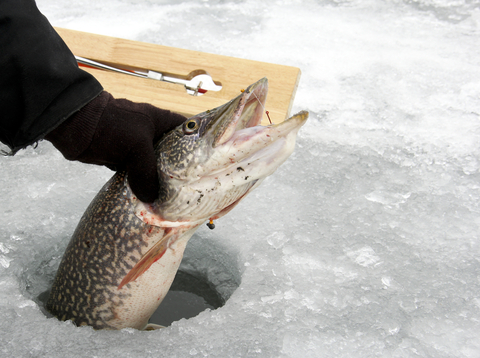
-
Fishing Files
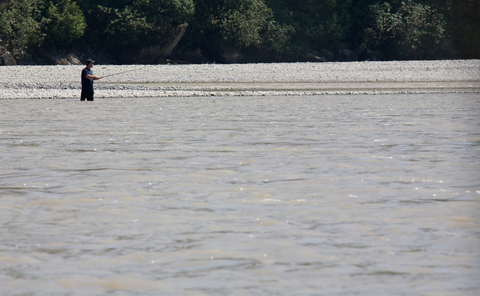
-
Fishing Files
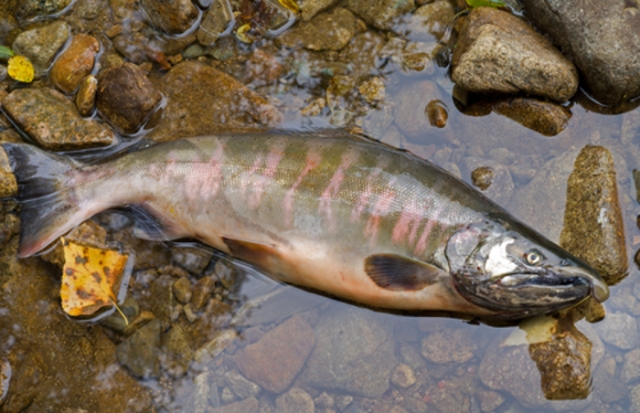
-
Fishing Files
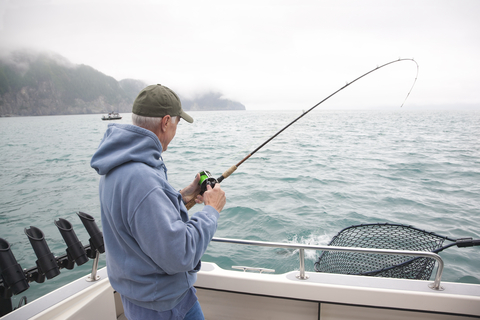
-
Fishing Files
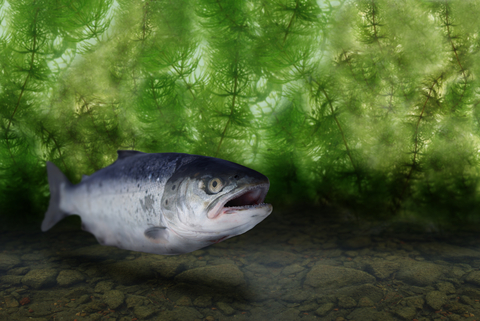
-
Fishing Files
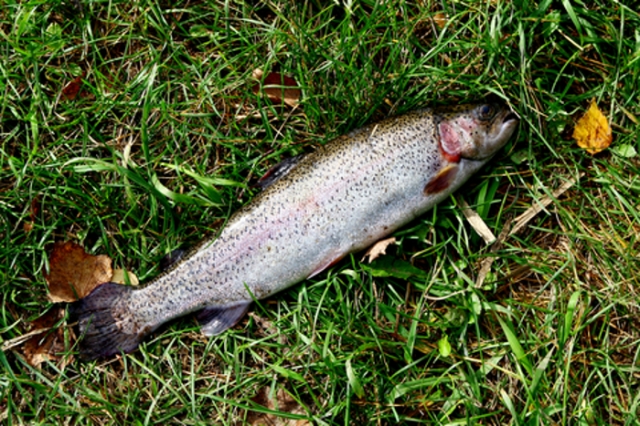
-
Fishing Files
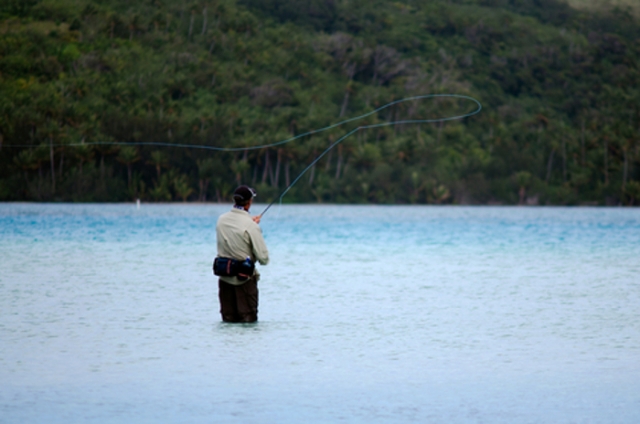
-
Fishing Files
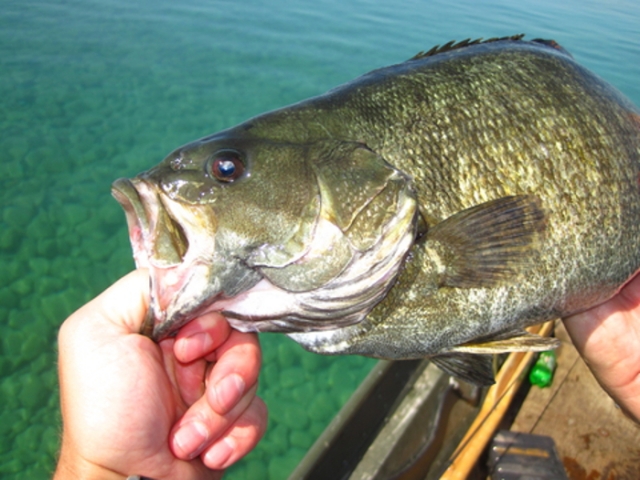
-
Snakehead

-
Spinner Shark
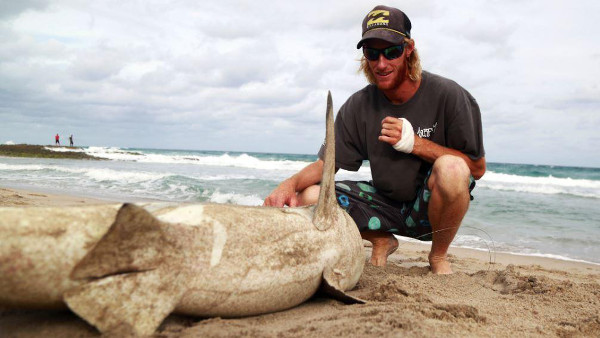
-
Spotted Bass
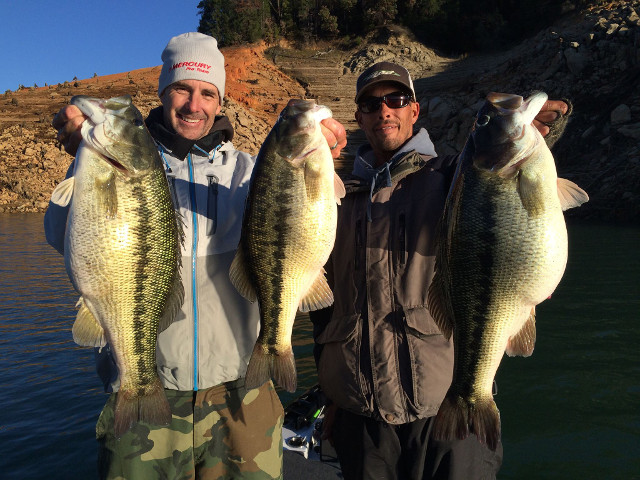
-
Striped Bass
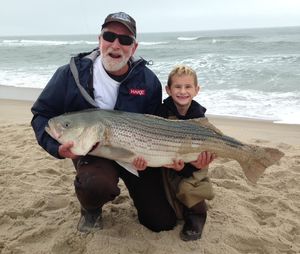
-
Sturgeon

-
Fishing Files
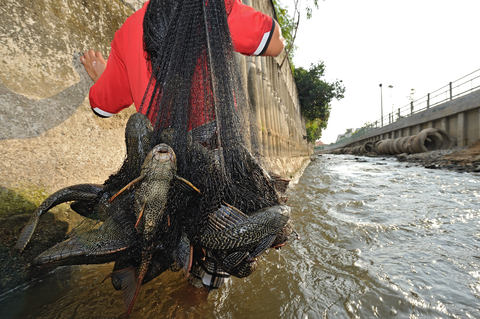
-
Trout Fishing
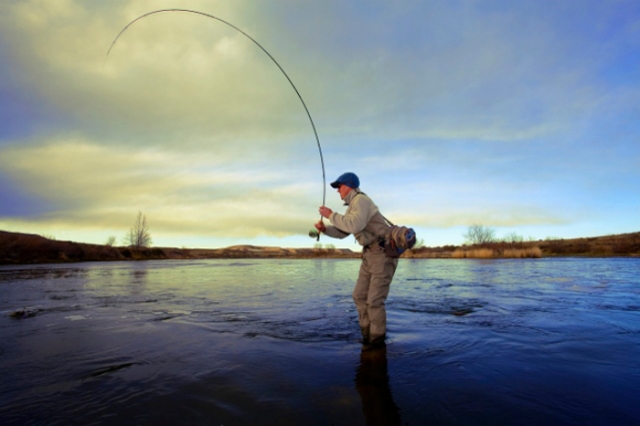
-
Fishing Files
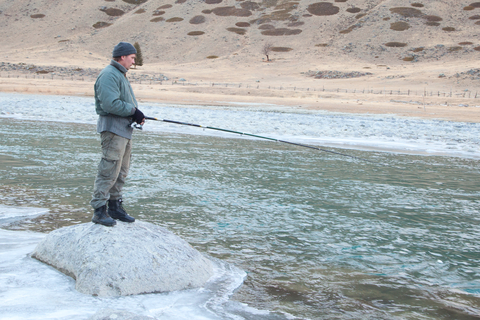
-
Fishing Files
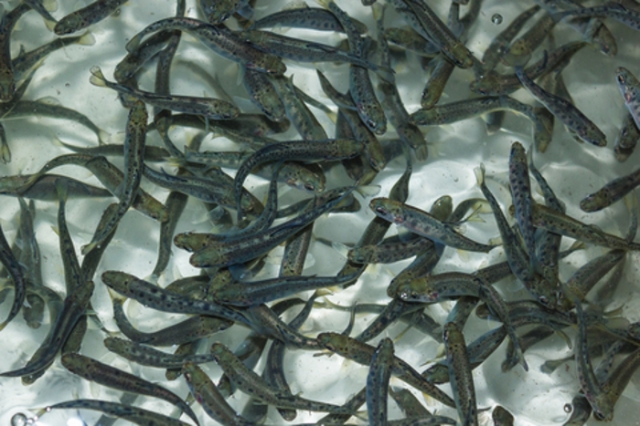
-
Fishing Files

-
Fishing Files
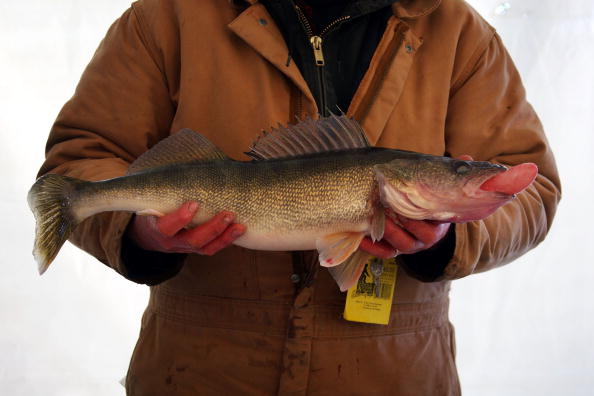
-
Northern Pike
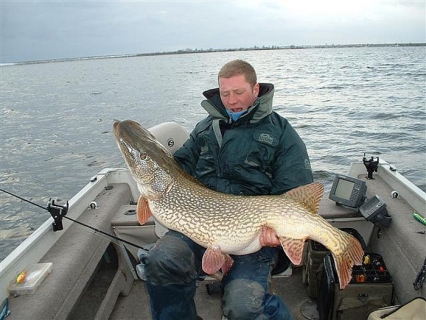
-
School of Karanteen
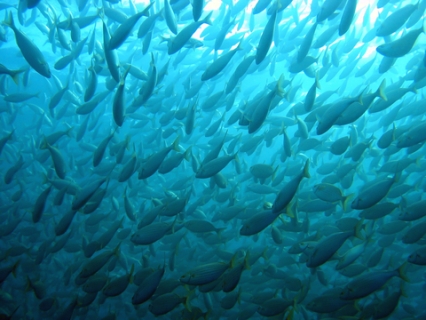
-
Walleye
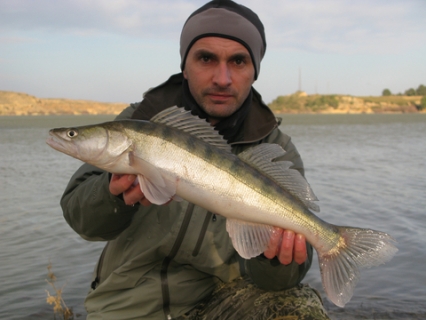
-
Goliath Grouper
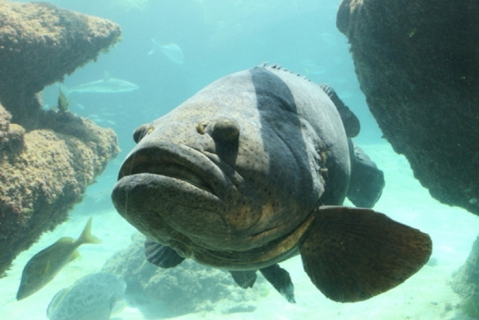
-
Barracuda
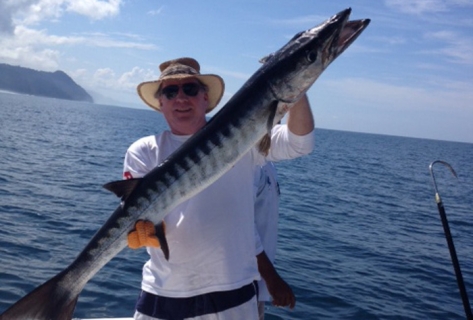
-
European Chub
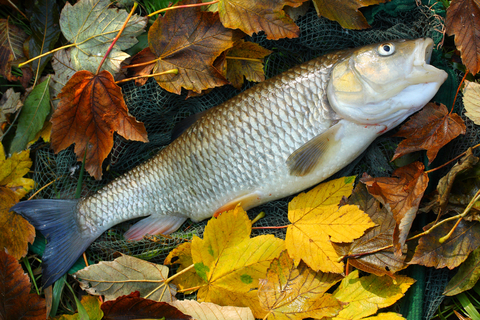
-
Drum Fish
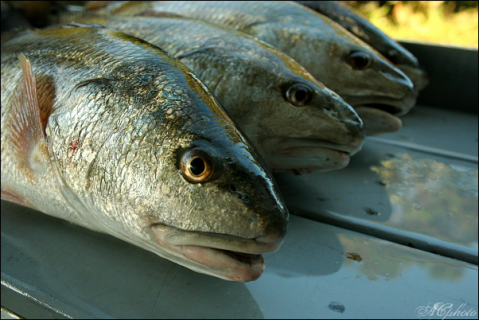
-
Grouper
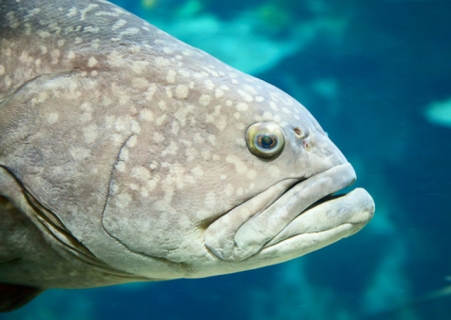
-
Blue Catfish

-
Catfish
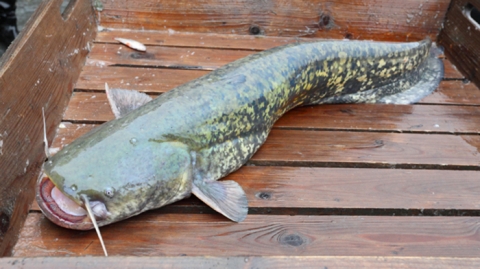
-
Star Puffer Fish

-
Napoleon Fish

-
Smoked Trout
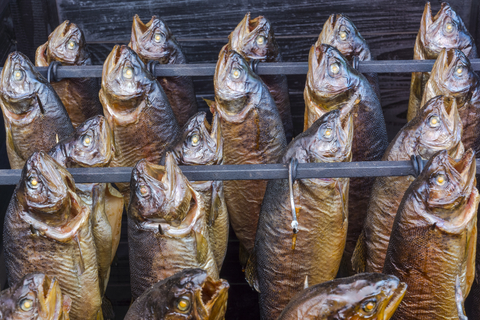
-
Perch
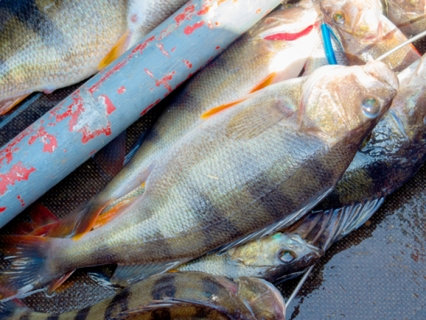
-
Smallmouth Bass
